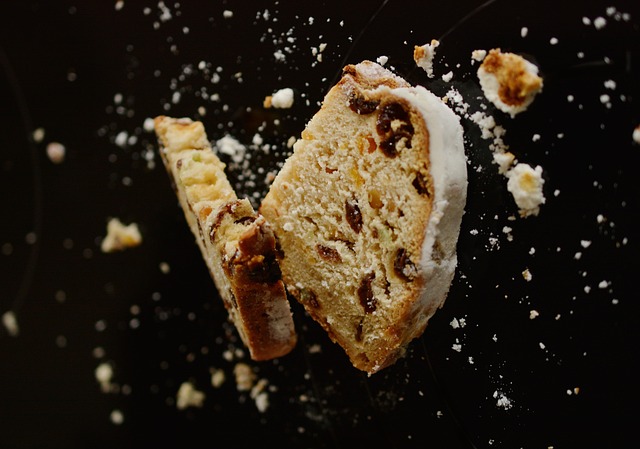A Probiotic Revolution: Transforming Your Digestive System for Better Living
The Power of Probiotics:
Welcome to the world of probiotics, a revolution in digestive health and overall well-being. Probiotics, also known as good bacteria, are live microorganisms that provide numerous health benefits when consumed in adequate amounts. These beneficial bacteria work wonders in our digestive system, promoting a healthy gut and supporting various bodily functions.
Understanding the Gut Microbiome:
Our digestive tract is home to millions of microorganisms, collectively known as the gut microbiome. While some of these microorganisms are harmful, others, like probiotics, play a vital role in maintaining our health. A healthy gut microbiome is crucial for efficient digestion, nutrient absorption, and a robust immune system.
The Benefits of Probiotics:
Probiotics offer a wide range of benefits for our digestive system and overall well-being. Some key advantages include:
- Improved Digestion: Probiotics help break down and digest food, making it easier for our bodies to absorb essential nutrients.
- Enhanced Immunity: By promoting a healthy gut microbiome, probiotics support our immune system’s ability to fight off infections and diseases.
- Reduced Digestive Disorders: Probiotics can help alleviate symptoms of digestive disorders like irritable bowel syndrome (IBS), constipation, and diarrhea.
- Better Mental Health: Emerging research suggests a strong link between gut health and mental health. Probiotics may play a role in reducing symptoms of anxiety and depression.
- Inflammation Control: Certain strains of probiotics have anti-inflammatory properties, which can help reduce inflammation in the gut and throughout the body.
Types of Probiotics:
Probiotics come in many different strains, each offering unique health benefits. Some common types of probiotics include:
- Lactobacillus: This strain is found in yogurt and other fermented foods. It aids in lactose digestion and supports optimal gut health.
- Bifidobacterium: These probiotics are commonly found in dairy products. They help maintain a healthy balance of bacteria in the gut and improve overall digestion.
- Saccharomyces boulardii: Unlike other probiotics, this strain is a yeast rather than a bacterium. It is highly effective in preventing and treating diarrhea caused by antibiotics.
Incorporating Probiotics into Your Diet:
Adding probiotics to your daily diet is a simple and effective way to improve your digestive health. Here are some tips to get you started:
- Include yogurt in your breakfast or as a snack. Look for brands that contain live and active cultures.
- Experiment with fermented foods like sauerkraut, kimchi, and kombucha. These naturally contain probiotics.
- Consider taking a high-quality probiotic supplement. Look for a product that contains a variety of strains and provides a sufficient number of colony-forming units (CFUs).
- Consult with your healthcare professional before starting any new supplements, especially if you have underlying health conditions.
Prebiotics: The Perfect Partner for Probiotics:
Prebiotics are dietary fibers that serve as food for probiotics. They help probiotics thrive and multiply in our gut, enhancing their overall effectiveness. Including prebiotic-rich foods in your diet can further support your digestive health.
Some common sources of prebiotics include:
- Onions and garlic
- Asparagus and artichokes
- Bananas
- Whole grains like oats and barley
- Legumes such as chickpeas and lent







